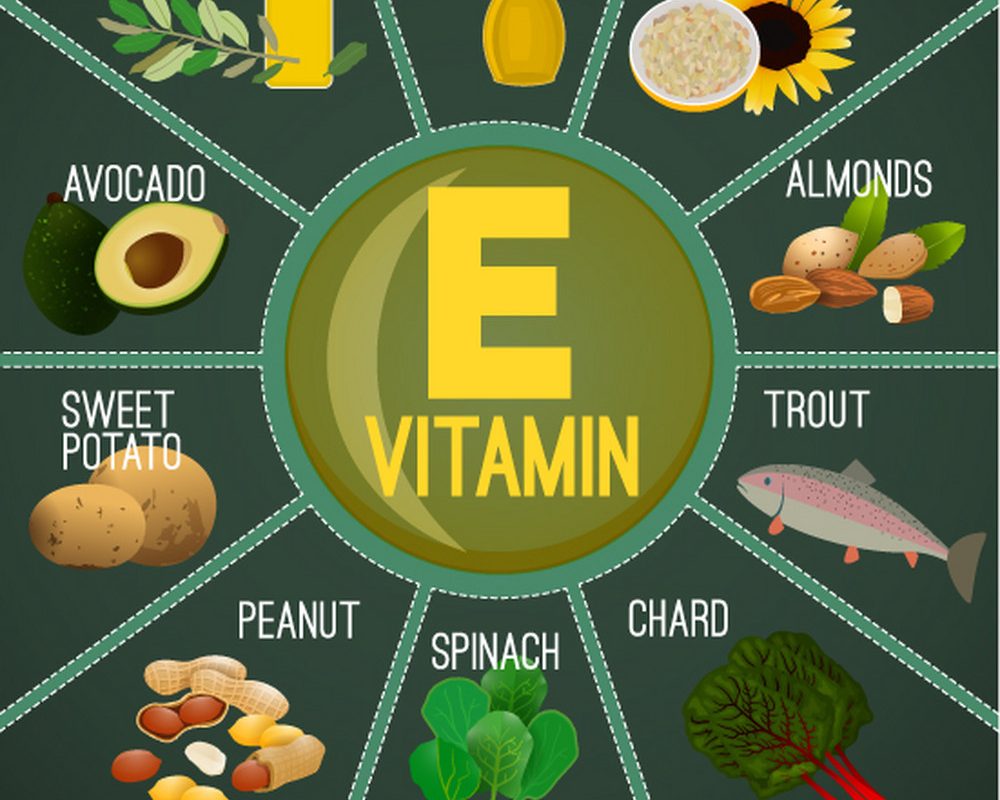Wellhealthorganic.com: Vitamin E Health Benefits and Nutritional Sources Vitamin E is a fat-soluble nutrient that acts as an antioxidant in the body. It is essential for maintaining the health of cells, tissues, and organs, and plays a vital role in immune function, DNA repair, and other important physiological processes. In this article, we will discuss the health benefits of vitamin E and its best nutritional sources.

Health Benefits of Vitamin E
- Antioxidant Properties: Vitamin E is a powerful antioxidant that helps protect cells from damage caused by free radicals. This, in turn, can reduce the risk of chronic diseases such as heart disease, cancer, and Alzheimer’s.
- Immune Function: Vitamin E plays a key role in maintaining a healthy immune system by supporting the production of immune cells and enhancing their function.
- Skin Health: Vitamin E is essential for maintaining healthy skin. It can help reduce the appearance of fine lines and wrinkles, improve skin texture, and protect against sun damage.
- Eye Health: Vitamin E has been shown to help protect against age-related macular degeneration, a leading cause of vision loss in older adults.
- Brain Health: Vitamin E may also play a role in maintaining cognitive function and reducing the risk of cognitive decline.
Nutritional Sources of Vitamin E
- Nuts and Seeds: Almonds, sunflower seeds, hazelnuts, and peanuts are all excellent sources of vitamin E.
- Vegetable Oils: Olive oil, sunflower oil, and soybean oil are all good sources of vitamin E.
- Leafy Green Vegetables: Spinach, broccoli, and Swiss chard are all rich in vitamin E.
- Avocado: This fruit is not only rich in healthy fats but is also a good source of vitamin E.
- Fortified Foods: Many breakfast cereals, juices, and other foods are fortified with vitamin E, making it easy to get the daily recommended intake.
It is important to note that while vitamin E is essential for good health, excessive intake can be harmful. The recommended daily intake for adults is 15 milligrams per day, and it is best to obtain vitamin E from whole foods rather than supplements.
In conclusion, vitamin E is a crucial nutrient that provides numerous health benefits. By incorporating vitamin E-rich foods into your diet, you can support your overall health and well-being.

